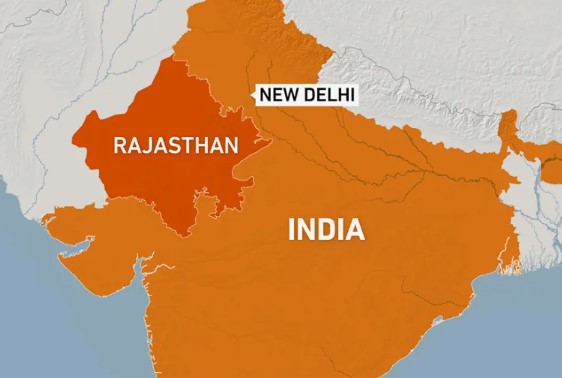The All India Football Federation (AIFF) is facing a looming threat of suspension from international football, a predicament reminiscent of a similar ban imposed just three years prior. FIFA, the global governing body for football, and the Asian Football Confederation (AFC) have issued a stern warning to the AIFF, demanding the implementation of a new constitution by October 30th. Failure to comply with this ultimatum will result in the matter being escalated to FIFA’s decision-making body, potentially leading to sanctions that could cripple Indian football. The crux of the issue lies in the protracted legal battle surrounding the AIFF’s constitution, which has been languishing in India’s Supreme Court since 2017. This delay has created a constitutional vacuum, raising concerns about governance and transparency within the AIFF.
The potential repercussions of a suspension are severe, encompassing a ban on Indian national teams and clubs from participating in all international competitions. This would effectively isolate Indian football from the global stage, severely hindering its development and jeopardizing the careers of numerous players. Such a ban would not only damage the reputation of Indian football but also deprive fans of the opportunity to witness their national teams and clubs compete at the highest levels. The previous suspension in August 2022, triggered by third-party interference following the Supreme Court’s appointment of administrators to oversee the AIFF, serves as a stark reminder of the potential consequences of non-compliance with FIFA regulations. While that ban was lifted shortly after, allowing for the election of Kalyan Chaubey as AIFF president, the current situation underscores the fragility of India’s position within the global football community.
Adding to the AIFF’s woes is the precarious state of India’s top-tier club football, the Indian Super League (ISL). The league faces an existential threat due to a dispute between the AIFF and its commercial partner, Football Sports Development Limited (FSDL). This disagreement centers around the renewal of the rights agreement between the two entities, which is set to expire on December 8th. The absence of a renewed agreement has resulted in the postponement of the ISL season, creating uncertainty and anxiety for thousands of players and staff who face the prospect of unemployment. The AIFF’s inability to formulate a viable revival plan for the ISL further exacerbates the situation, placing the future of India’s premier football league in jeopardy.
The ISL, typically played between September and April, has become a vital platform for showcasing Indian football talent and attracting investment in the sport. Its potential demise would represent a significant setback for the development of football in India, potentially reversing years of progress. The current impasse highlights the complex relationship between the AIFF and FSDL, and the urgent need for a resolution that safeguards the interests of all stakeholders, including players, clubs, and fans. The delayed start of the ISL season not only disrupts the rhythm of the league but also raises concerns about the preparedness of teams and players, potentially impacting the overall quality of the competition.
The gravity of the situation has prompted the involvement of FIFPRO Asia/Oceania, the players’ union, which has brought the matter to FIFA’s attention. This intervention underscores the widespread concern within the football community about the potential consequences of the AIFF’s failure to address the constitutional and commercial challenges it faces. The players, who are ultimately the most affected by these disputes, are rightfully seeking assurances about their future and the stability of the league. The pressure from FIFPRO adds another layer of complexity to the situation, further emphasizing the need for swift and decisive action from the AIFF.
In summary, Indian football finds itself at a critical juncture, facing a dual threat of international suspension and the potential collapse of its premier domestic league. The AIFF’s inability to resolve the long-standing constitutional issue and the dispute with its commercial partner has created a perfect storm, jeopardizing the future of the sport in the country. The October 30th deadline imposed by FIFA and the AFC looms large, demanding immediate action from the AIFF to avert a potential crisis. The future of Indian football hinges on the AIFF’s ability to navigate these challenges effectively and ensure the long-term stability and growth of the sport. The stakes are high, and the consequences of inaction are dire, making it imperative for the AIFF to prioritize finding solutions that safeguard the interests of all stakeholders and preserve the integrity of Indian football.


